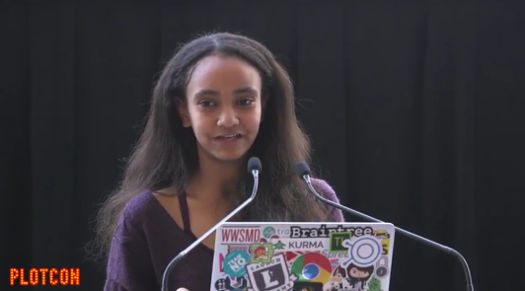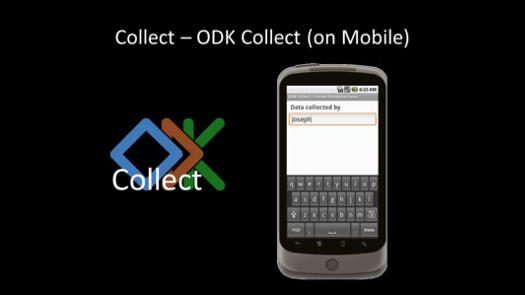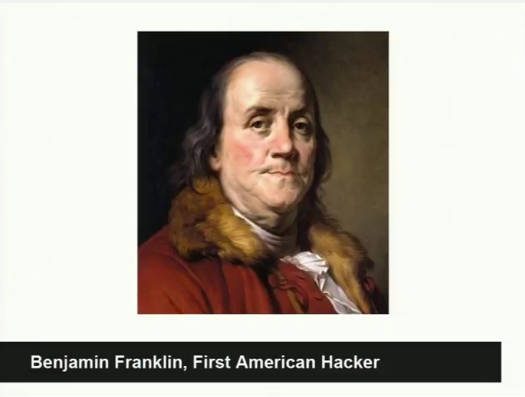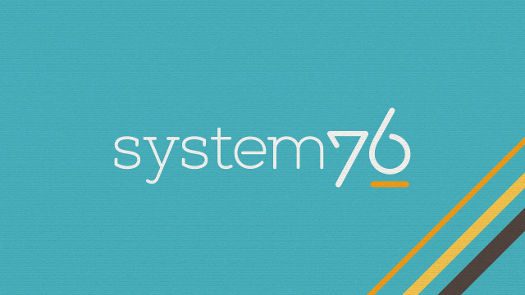Should the U.S. armed forces begin releasing software under an OSI approved open source license rather than as public domain?
Roblimo’s Hideaway

This question has generated many pixels’ worth of traffic on the OSI License discuss email list. This post is just a brief summary of a little of the discussion, which has been going on for some weeks and shows no sign of slowing down.
There are currently 80 Open Sourse Initiative-approved open source licenses. It’s nice that the Army (I’m a veteran) wants to not only write software licensed as open source, but OSI-approved open source software. (Go Army!)
But does the Army really need its own special OS license? Should the Air Force have a different one? Will the Navy want a Coastal Combat Open Source License, along with a separate Blue Water Open Source License? That might sound far-fetched, but Mozilla has three separate open source licenses, Microsoft has two, and Canada’s province of Québec also has three. So why shouldn’t the U.S. Department of Defense have a whole slew of open source licenses?















